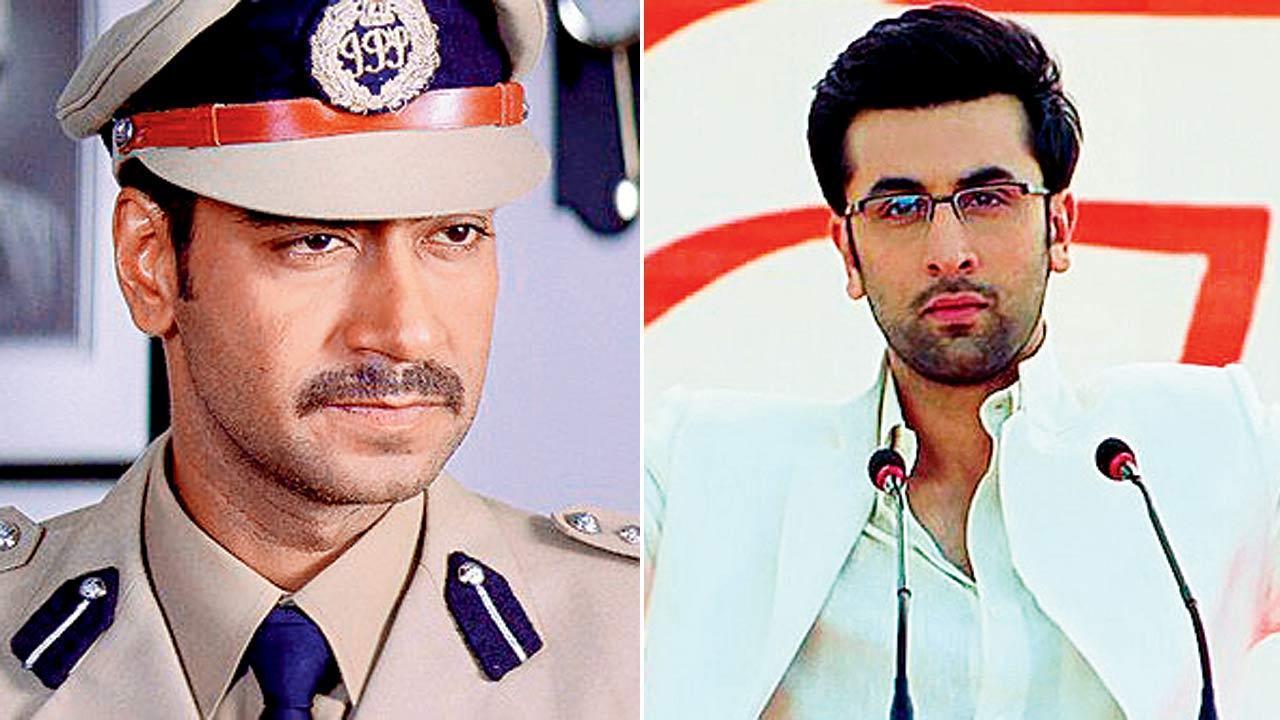
In a dramatic turn of events, the Central Board of Film Certification’s (CBFC) demand for nearly 120 changes to the controversial film Punjab ’95 has ignited a strong reaction from the Sikh community. At the center of this unfolding saga is the emotionally charged biopic about human rights activist Jaswant Singh Khalra, starring renowned artists Diljit Dosanjh and Geetika Vidya Ohlyan. The film, directed by Honey Trehan, has seen its release delayed by the CBFC for two years, and recent calls for extensive edits have further fueled the dispute, drawing significant attention and sparking strong reactions.
The Akal Takht, one of the most revered temporal authorities in Sikhism, has now intervened by issuing a directive to the Shiromani Gurdwara Parbandhak Committee (SGPC) to establish a panel of Sikh scholars. This panel is tasked with thoroughly reviewing the film Punjab ’95 to ensure it remains faithful to the legacy and story of Khalra, who is celebrated for exposing the disappearance and extrajudicial killings of Sikh youths during the tumultuous Punjab insurgency from 1984 to 1995.
The changes proposed by the CBFC include suggestions as drastic as the renaming of the film and altering Khalra’s character, actions which have been met with widespread concern from the Sikh community and Khalra’s family. Gurcharan Singh Grewal, SGPC General Secretary, voiced these apprehensions, emphasizing that the alterations risk trivializing the film’s intention by omitting critical moments historically validated by human rights institutions. “We must ensure that the film’s historical authenticity and message are preserved,” Grewal stated emphatically.
Further strengthening this stance, the Jathedar of the Akal Takht, Giani Raghbir Singh, has called for the film to be evaluated to guarantee it respects the community’s sentiments and remains true to historical facts. This involves consulting with Sikh scholars and ensuring the film is thoroughly vetted. “Our mission is to secure the release of the film in its original vision, defending the true story of Khalra, who was a martyr to justice,” Grewal asserted.
.
The panel being assembled is expected to include not only Sikh scholars but also legal thinkers and academics, seasoned in the political backdrop of Punjab during the insurgency. An upcoming viewing is anticipated soon, as the panel works to accomplish its review.
On the other side, director Honey Trehan and producer Ronnie Screwvala have expressed their adamant opposition to the CBFC’s requested edits. Although they have not heard directly from the CBFC about certification following the latest demands, they have found renewed hope and determination as the Akal Takht and SGPC prepare to review the film in depth. An inside source divulged, “There is a real possibility the filmmakers might revert to the original version of the movie, disregarding even the initial 22 cut suggestions by the CBFC if endorsed by the Sikh bodies.”
The film’s extended delay has only amplified support for its cause and for maintaining integrity in portraying the historical events surrounding Khalra’s relentless struggle for human rights. With sentiments running high, the filmmakers and supporters are firm in their resolve to have the biopic released intact as a testament to Khalra’s unwavering dedication to uncovering truth during one of Punjab’s most volatile times.
As the review process nears, tensions hover over the impending decision from the CBFC and its potential implications for the film industry and society at large, especially in how historical narratives are preserved and shared. The broader cultural and religious implications of such artistic expressions highlight the delicate balance between creative freedom and historical responsibility, a dialogue now amplified by Punjab ’95 and its tumultuous journey towards release.
The Sikh community’s united response underscores the importance of accuracy and integrity in representing historical figures who have become emblematic of justice and resistance. As audiences await the outcome, the world watches how this intersection of film, history, and activism unfolds, capturing the essence of an era while striving to honor the legacy of a remarkable human rights advocate.










